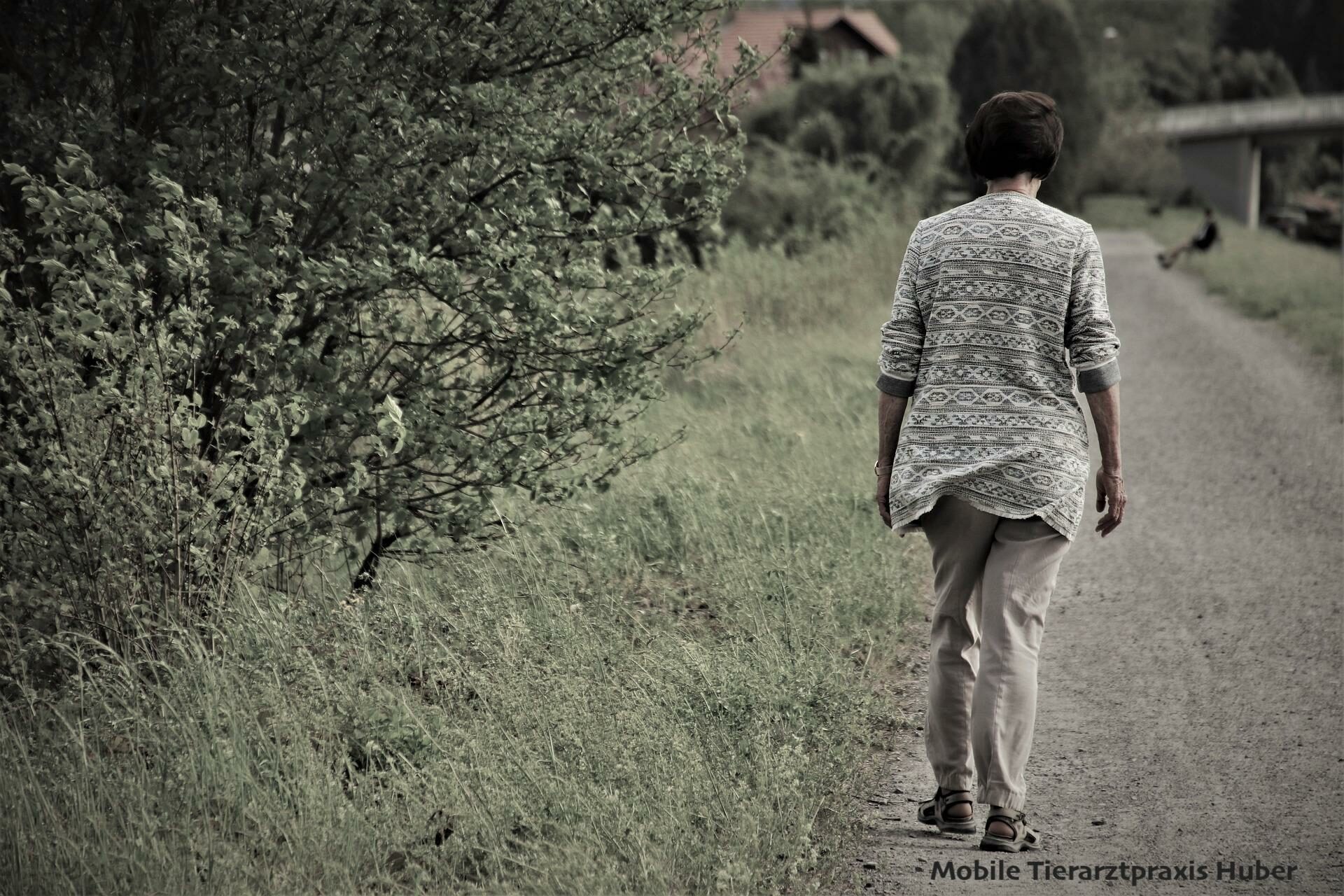What is mourning? And is mourning for a pet different from mourning for a human being?
It is now finally officially recognised that it does not matter whether we have lost an animal or a human being. The only thing that matters is the bond and the depth of the relationship we had with the deceased.
According to Elisabeth Kübler-Ross, we distinguish between 5 phases of grief, whereby not everyone goes through each phase and the sequence is also individual. Each one of us lives and loves differently, each one grieves differently.
The 5 stages of grief are:
- Denial: death is something intangible. In the first days, weeks, months, we still think we hear our pet in the next room, a shadow scurrying by, that eerie emptiness... the denial shows us how much we miss our companion, how much we loved them
- Anger: "Shouldn't I have noticed this earlier?", "Surely the vet should have recognised this?" "Why did Schnuffi (the lost animal) only have to run across the road?" the thoughts that can be directed against us, more or less involved persons, even the animal itself in this phase are manifold. Rationally, we usually know better, emotionally the grief weighs so heavily that blaming can be a temporary outlet. Therefore, also have understanding for any harsh remarks from someone who is grieving. In English we say: "Hurt people hurt people" - hurt people can be hurtful.
- Negotiating: " If only I could stroke its fur once more", "I would give anything just for one day with it...". One "negotiates" with oneself, a higher power, the deceased pet.... This phase is characterised by a confusion of feelings that cannot be reconciled with each other.
- Depression/ sadness: In this phase we recognise the finality of parting. Some people need retreat here, others need attention. Take good care of yourself during this time. Free yourself from external expectations. Admitting sadness is the first step towards healing.
- Acceptance: "Do not cry that it is gone, but smile that it has been". In the phase of acceptance, one is increasingly able to think of the beloved animal with more joy about the time spent together than with tears about the loss. We realise that no animal replaces another, but that our heart grows bigger with love for each one. We accept the cycle of life.
Grief after the loss of a beloved animal is finally no longer a taboo subject in our society. There are now mourning services for animals, internet platforms, virtual memorials, animal (forest) cemeteries and much more. In the USA, there are already bereavement hotlines for pet parents after their difficult loss. For me, it is only a matter of time before there will also be trained counsellors for animal bereavement work in our country.
Do not remain alone with your grief.



